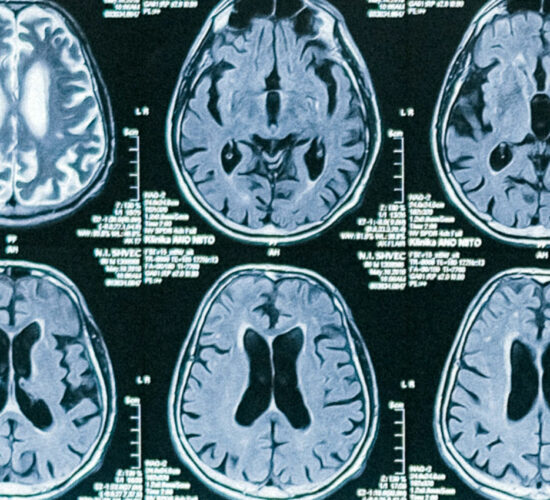
If you require any further information about the curriculum we are following in this subject, please contact the Head of Department.
Psychology is the scientific study of the mind and behaviour. Psychology is a very exciting subject because it takes students to the leading edge of modern research developments. It investigates many interesting questions: How did the Holocaust happen? What is the difference between ‘normal’ and ‘abnormal’ people? Why do some people develop eating disorders?
The study of Psychology requires flexibility and the ability to explore doubt and uncertainty. Psychology develops independence of mind and by developing a whole range of academic skills, prepares students for the transition to higher education. Psychology makes connections between different academic subjects. It teaches very valuable skills such as how to analyse research evidence with a critical eye, develop clear writing skills and discuss and debate complex psychological ideas. The subject involves designing scientific research models, interpreting, analysing and evaluating data. Studying will share ideas and work in a team with others. To enjoy Psychology, students must be flexible and be prepared to tolerate doubt and uncertainty. Psychology develops independence of mind and prepares students for the transition to higher education.